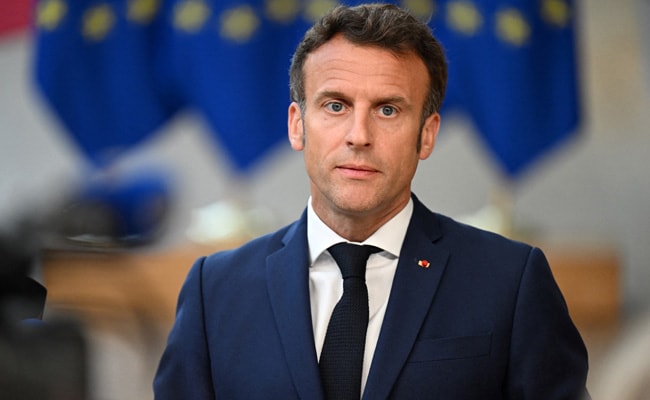French President Emmanuel Macron has accepted the resignation of Prime Minister Gabriel Attal. According to a press release from the Elysee Palace, Macron has requested that Attal continue to manage the caretaker government until a new government is appointed.
This development precedes the upcoming Olympics in France, set to begin next week. In the recent parliamentary elections, the left-wing coalition New Popular Front (NFP) emerged as the largest bloc. However, due to internal disagreements among the member parties, they have been unable to reach a consensus on a prime ministerial candidate.
The NFP, composed of several parties including the far-left France Unbowed, the moderate Socialists, and the Ecologists, won 182 seats in the National Assembly. Although this makes them the largest group, it is still short of the 289 seats required for an absolute majority. Consequently, they have not yet put forward a name for the prime minister’s position. According to custom, the French president appoints a prime minister from the largest group in parliament, but there is still no clarity on which party from the NFP will provide the candidate.
In a press release on July 16 from the Elysee Palace, Macron emphasized the need for republican forces to collaborate, stating, “In order for this period to end as quickly as possible, it is up to the republican forces to work together to build a rally around projects and actions in the service of French women and men.”
In last week’s parliamentary run-off elections, Macron’s Ensemble (ENS) alliance secured 163 seats, placing second. Marine Le Pen’s far-right National Rally (RN) and its allies took third place with 143 seats.
Following the elections, Attal had offered his resignation, but Macron initially refused, asking him to remain as a caretaker until a new cabinet is formed. Meanwhile, French lawmakers are scheduled to meet on Thursday to elect the president of the National Assembly. The election requires a majority of the 577-seat body and may go to a third vote if the first two do not produce a candidate with enough support.
After his resignation, Attal and his fellow ministers who are also lawmakers will be able to vote in the National Assembly president’s election, which could provide crucial support in the divided parliament.







